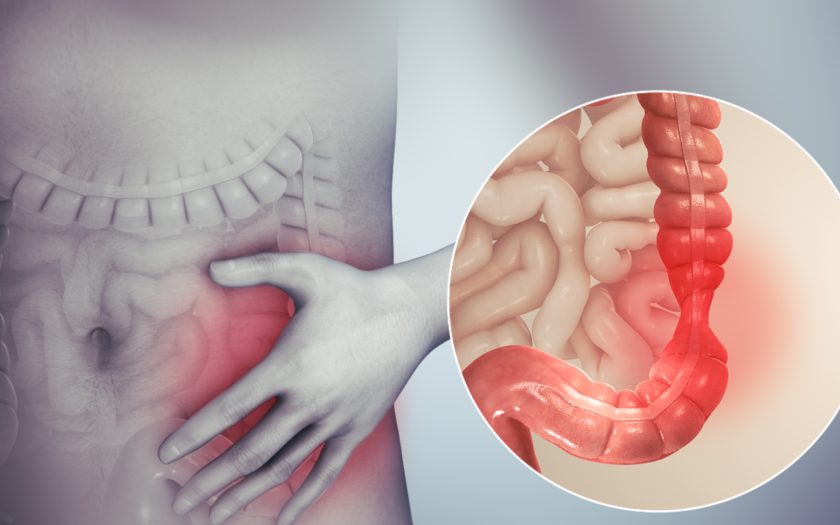Seize bad mood.
Many people tend to eat more to improve their mood, which is a common mistake. Doctors refer to this as impulsive eating or compensatory overeating. In this case, the need for food is driven not by hunger but by emotional state. Food choices are irrational and you might end up eating something unhealthy. Always pay attention to your food choices. If you feel the urge to eat during stress, opt for vegetables and fruits sliced into pieces (e.g., apple, carrot, cucumber). It’s better to choose sweet apples rather than sour ones, as sour apples can increase appetite. This way, food can still serve as a mood booster without adding extra calories.
Too much sweet.
Consuming a large amount of sugar can harm the intestines, as it negatively affects the microbiome. This increases the risk of chronic inflammation, which can weaken the lining of the organ. A simple way to reduce sugar content in your diet is to make small changes. For example, replace cookies with natural fruits that nourish beneficial bacteria in the gut.
Eating food at inappropriate times.
Meal timing can significantly impact digestive function. Eating right before bed or experiencing long periods of fasting can lead to issues such as acid reflux, stomach bloating, and discomfort. If you experience such symptoms, it is important to consult a doctor for appropriate treatment. For symptoms of acid reflux and heartburn, consider medications such as Moza and Nexpro. They can help reduce stomach discomfort and restore your well-being.
To maintain proper digestion, try to eat at appropriate times and avoid late-night snacks. This allows your body enough time to digest food and prevents excessive strain on the digestive system.
Inadequate fiber intake.
A lack of dietary fiber can negatively affect digestion, leading to difficulties with regular bowel movements. It is important to consume about 25 grams of fiber daily to promote healthy and effective digestion. Fortunately, there is a wide range of tasty fiber-rich foods available. Include foods such as sweet potatoes, oranges, apples, broccoli, nuts, bananas, carrots, spinach, beets, green beans, or cauliflower in your diet. Increasing fiber intake helps maintain the digestive system in optimal condition.
Overeating in the evening.
We often overeat in the evening because food serves as a good mood enhancer, helping to cope with fatigue, irritability and a bad mood. However, metabolic processes slowdown in the evening. If you eat too much before bed, it becomes hard for the body to process nutrients, leading to weight gain. Therefore, evening overeating is a common cause of weight gain. Additionally, the process of digesting food can interfere with quality sleep, leaving you feeling less energetic the next morning. It’s better to consume lower-calorie foods before bed; options might include a glass of kefir or an apple.

